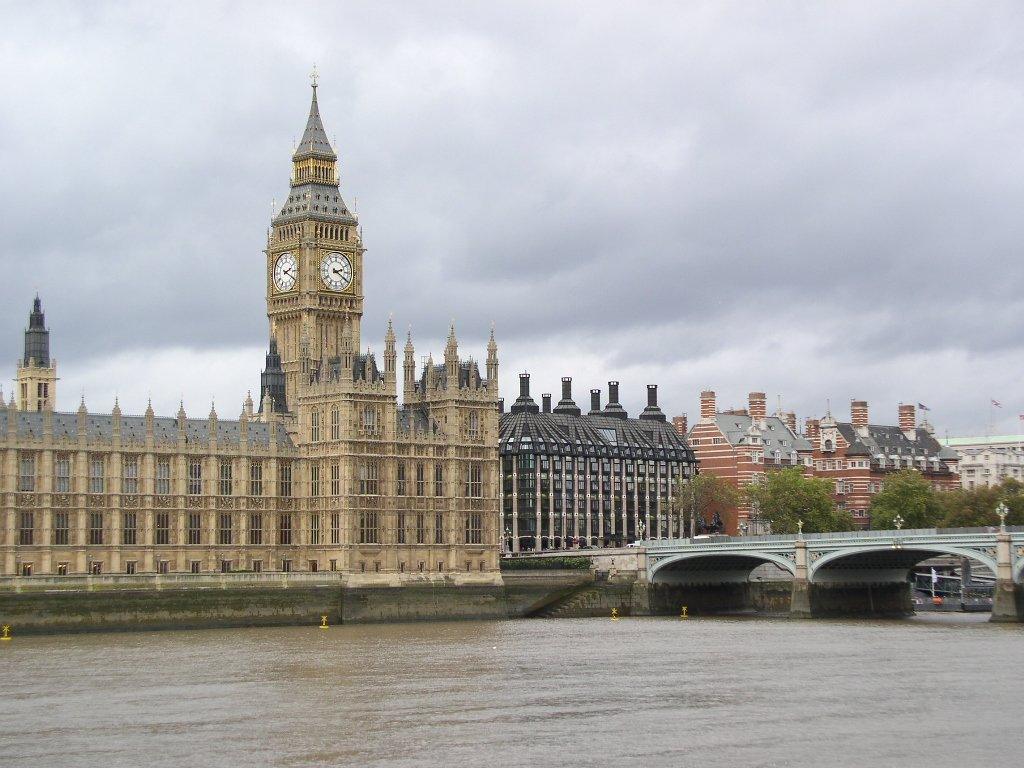EU Watchdog Says Commission Failed to Follow Procedures in Cutting Sustainability Reporting Rules
EU Ombudsman Teresa Anjinho announced that she has found a series of shortcomings in the European Commission’s process to launch its “Omnibus” initiative to simplify and reduce corporate sustainability reporting and due diligence requirements, alongside other legislative proposals, amounting to “maladministration” by the Commission.
The Ombudsman’s findings follow an inquiry into the Omnibus proposal, launched by the Ombudsman in May, following complaints arguing that the Commission failed to comply with its “Better Regulation Guidelines,” which set out the principles that the European Commission is required to follow when preparing new initiatives and proposals.
The Commission released its Omnibus I package in late February 2025, aimed at significantly reducing the sustainability reporting and regulatory burden on companies, with proposals for major changes to a series of regulations including the Corporate Sustainability Reporting Directive (CSRD), the Corporate Sustainability Due Diligence Directive (CSDDD), as well as the Taxonomy Regulation, and the Carbon Border Adjustment Mechanism (CBAM).
The final outcome of the package is entering the negotiation stage between EU Parliament and Council, and looks likely to result in significantly more dramatic cuts to key sustainability regulations than those initially proposed by the Commission, with Parliament seeking to have the CSRD cover only companies with more than 1,750 employees, compared with the Commission’s 1,000 employee threshold, and both legislative bodies looking to remove all but the largest companies from the scope of the CSDDD.
In her report, the Ombudsman found that the Commission did not carry out certain parts of its own Better Regulation rules in the legislative process for the Omnibus package. Among the key shortcomings was the Commission’s decision to slash the consultation time between departments on the proposal.
Internal consultations between Commission departments to review and reply to proposals are normally carried out over ten days, and can be fast tracked in some cases to 48 hours. According to the Ombudsman’s report, the Commission allowed less than 24 hours for the Omnibus consultation, and carried it out over a weekend, between Friday and Saturday nights.
The report also said that the Commission did not have clear internal records of carrying out a climate consistency assessment for the proposal, a requirement under the European Climate Law to conduct an assessment of the consistency of EU and national policies with the EU’s 2050 climate neutrality goal.
Anjinho said:
“The Commission must be able to respond urgently to different situations, particularly in the current geopolitical context. However, it needs to ensure that accountability and transparency continue to be part of its legislative processes and that its actions are clearly explained to citizens.




